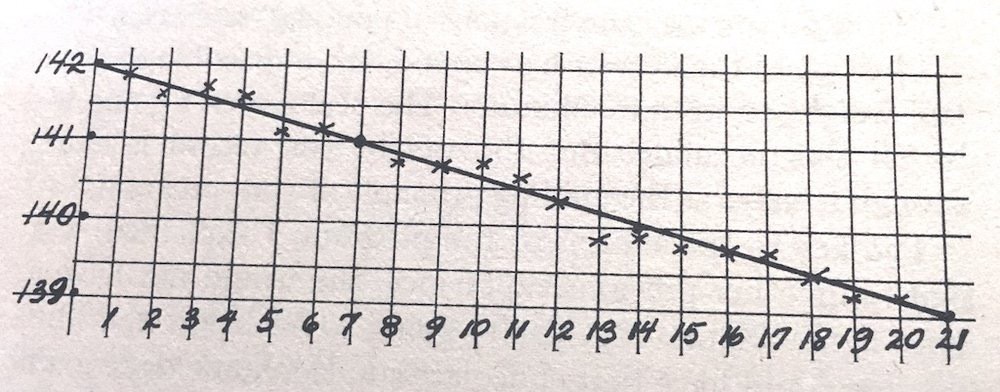Six Movies
Darkest Hour (2017). Gary Oldman, unrecognizable as usual, as Churchill. I’m unclear, in these historical recreations, on what is real and what is manufactured. But I can tell you the moment of Churchill barging into the Underground was obviously manufactured. Interesting directorial flourishes. It ends on a high note, before the years of privation and many dark hours yet to come. But who was this movie made for? The people who voted for Brexit or who voted against it? Carolina Theatre.
The Shape of Water (2017). I’ve never seen any of Guillermo del Toro’s movies, but I gather most are in this line of fantasy and romance. It’s visually gorgeous, even the drabness looks romantic. Sally Hawkins is luminous, as always, and I was entranced by some of the visual flourishes: the droplets sliding across the window, Hawkins’ character’s reveries. Story-wise, I was most interested in Michael Shannon’s character; I can’t remember the last time I’ve seen a bad guy’s private life and I wanted to see more of how his personal American dream soured in his belly. Plot-wise, why does a super-secret facility that has security cameras even on the loading dock not have a single camera where The Creature is locked up? And in a room that is conveniently empty of the security guards, soldiers, and scientists that swarm all over the rest of the building? Don’t ask questions of a personal wet dream. Carolina Theatre.
The Front Page (1974). Billy Wilder’s take on the venerable chestnut. Blisteringly fast and crackling dialogue; it’s thrilling to see a squadron of top character actors going through their paces with a zesty skill that has no place in today’s Hollywood. At some point, I thought: how long have they all been shouting at each other? It seems like the last 30 minutes is nothing but shouting. And yet the pace, the energy, doesn’t flag and I simply hung on for the ride. It’s a minor movie, but its clockwork plot is finely honed and expertly done. They really did know how to make ‘em. Carolina Theatre.
Phantom Thread (2017). A restrained art piece about an artist, about how the people whose livelihoods depend on him accommodate him, and about the muse who wants more than being a tailor’s dummy. Loved the period detail, the stateliness, the immaculate acting. It’s fun to talk about its themes as if I were writing an essay about it, to show off how clever I was to spot them all. “Cerebral” is a description, not an insult. Still — it remains a rather chilly piece. I was interested the whole time, but I’m not sure what to make of it. Carolina Theatre
Love and Death (1975). I had seen this years ago and had a hankering to see it again. Woody Allen flexing his considerable comic muscles — I loved his battlefield sight gags — in one of his slighter efforts. Your patience for it depends on how much of his “Woody Allen” comic persona you can stand. Diane Keaton is heart-breakingly beautiful yet she’ll suddenly pull a face that cracks me up. Some jokes inevitably creak, some jokes — particularly the ones said by old men about young girls — made us squirm. Amazon Prime Video
The Post (2017). I almost laughed out loud when John Williams’ spiritedly thrumming, almost martial, music ran under the shot of delivery trucks leaving the Washington Post building with its newspapers; it was like a moment from a mythical gung-ho ‘30s movie where you just knew the delivery of the newspapers was going to bring down the crooked political bosses and all would be well. I shook my head, mystified, watching the back of the pantomime Richard Nixon gesticulating maniacally as he talked on the phone. Good performances all around, a good story briskly told, but ... A vanished time? A manufactured memory? Would the current owner of the Post stand up for the First Amendment or listen to his financial planners? Chelsea Theatre.


